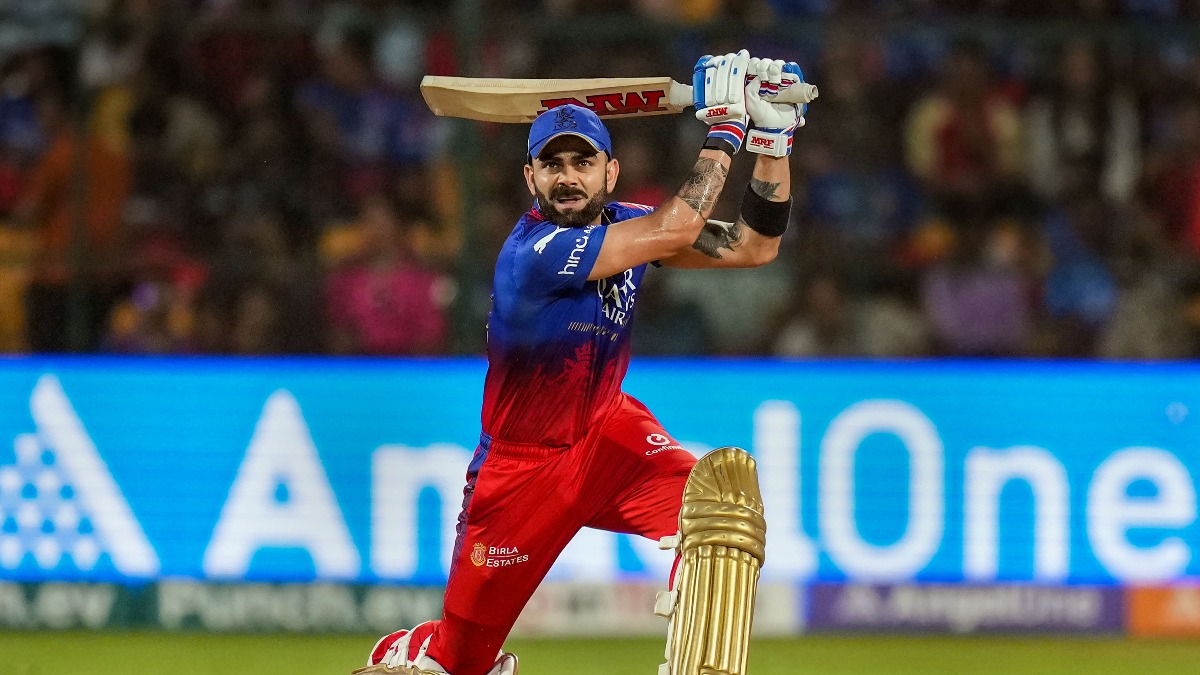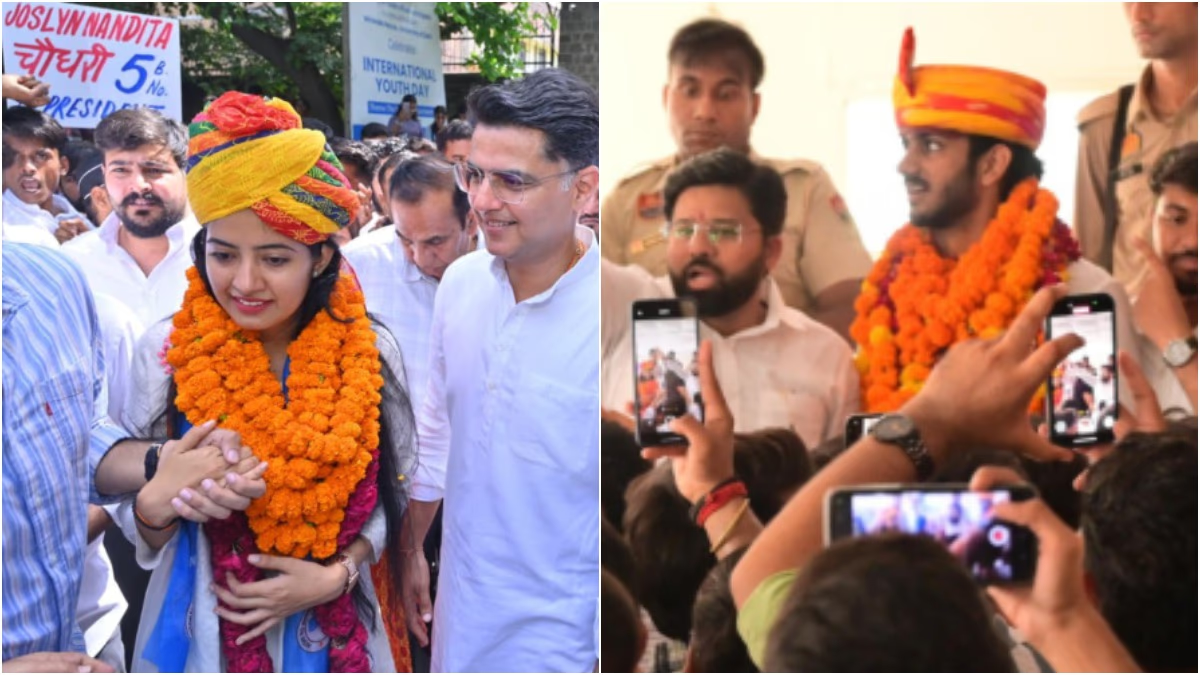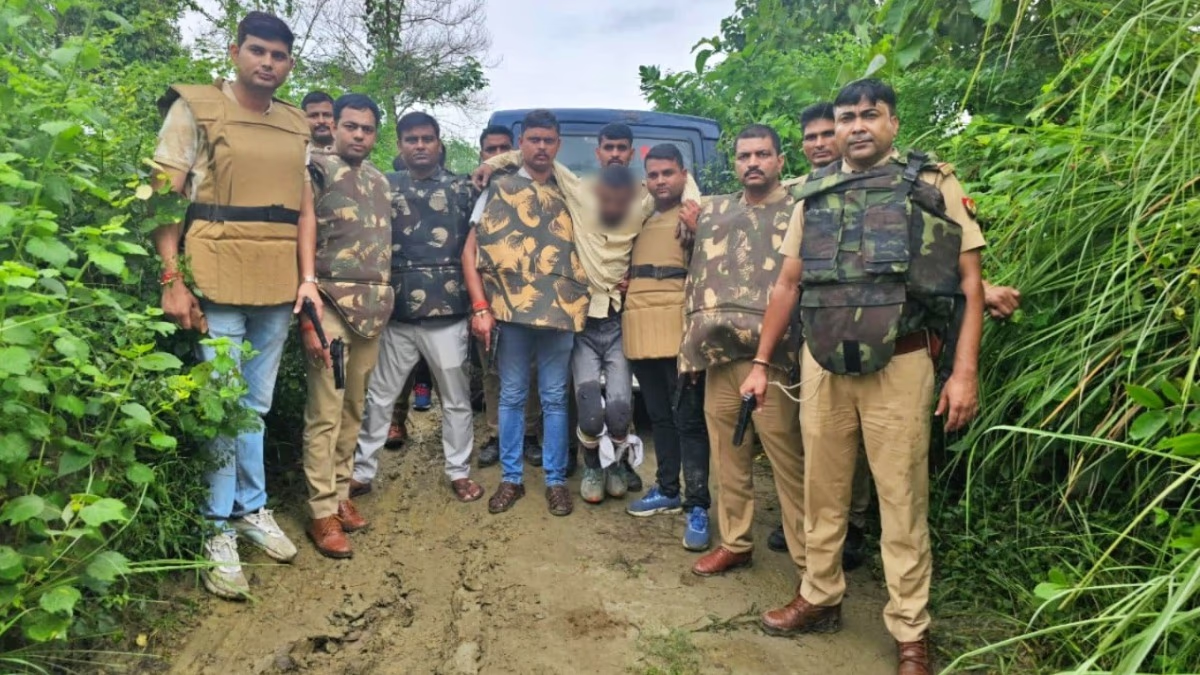During the heated encounter of the Indian Premier League's 17th season, Match No. 6, Virat Kohli led the Royal Challengers Bangalore (RCB) to a resounding victory over Punjab Kings (PBKS) by four wickets. Kohli's stellar performance, blazing 77 runs off 49 balls, was a masterclass. Deservedly, he was crowned 'Player of the Match' for his splendid innings.
In post-match remarks, Kohli spoke with commentator Harsha Bhogle, reasserting his pivotal role in promoting T20 cricket worldwide - be it inclusion in the Olympic Games or headlining the upcoming T20 World Cup in the USA. His comments carry weight against the backdrop of discussions on his rightful spot in the World Cup roster.
An article recently in 'The Telegraph' stirred speculation, suggesting Kohli might be sidelined from the T20 World Cup squad unless he delivers a strong performance in the IPL. The T20 World Cup, set to roll out from June 2nd to June 29th in West Indies and the USA, could see Kohli donning the national colors once again assuming his IPL prowess shines through.
What Kohli Said About Rahul Dravid
Revering the camaraderie of the sport, Kohli recounted, 'When you play, it's not just about the numbers, it's the memories you create. Rahul Bhai always says - play with an open heart because we'll miss these days. The love, accolade, and support I've received has been overwhelming. While I aim to provide a flying start for the team, assessing the match situation is crucial.'
'At 35, the game has changed, contingencies matter,' Kohli continued. 'It wasn't a typical pitch today. Thus, sticking to classic cricketing shots seemed the prudent course. Although I couldn't see the game to a close, my commitment to promoting T20 cricket across the globe hasn't waned.' he added.
Virat's Voice on the Importance of Break
The cricket icon shared his recent sabbatical insights, 'We were away, in lands where our fame didn’t precede us. For two months, to live with anonymity - it was a surreal reprieve for me and my family. And as two kids come into the picture, family perspectives evolve distinctly.'




